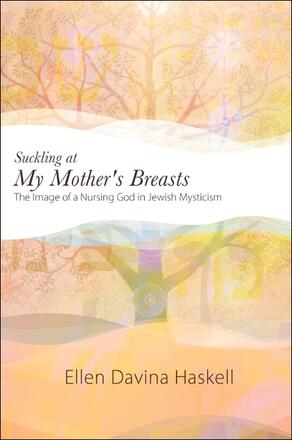
Suckling at My Mother's Breasts
The Image of a Nursing God in Jewish Mysticism
Alternative formats available from:
A fascinating discussion of the kabbalistic image of a nursing god, its historical context, and its theological implications.
Description
One of Kabbalah's most distinctive images of the feminine divine is that of a motherly, breastfeeding God. Suckling at My Mother's Breasts traces this idea from its origins in ancient rabbinic literature through its flourishing in the medieval classic Sefer ha-Zohar (The Book of Splendor). Taking the position that kabbalistic images provide specific, detailed models for understanding the relationship between God and human beings, Ellen Davina Haskell connects divine nursing theology to Jewish ideals regarding motherhood, breastfeeding, and family life from medieval France and Spain, where Kabbalah originated. Haskell's approach allows for a new evaluation of Kabbalah's feminine divine, one centered on culture and context, rather than gender philosophy or psychoanalysis. As this work demonstrates, the image of the nursing divine is intended to cultivate a direct emotional response to God rooted in nurture, love, and reliance, rather than knowledge, sexuality, or authority.
Ellen Davina Haskell is Assistant Professor of Religious Studies at the University of North Carolina at Greensboro.
Reviews
"This book is an accessible work, ideal for anyone seeking a spirituality that centers on a positive relationship between humanity and God." — Women's Alliance for Theology, Ethics and Ritual